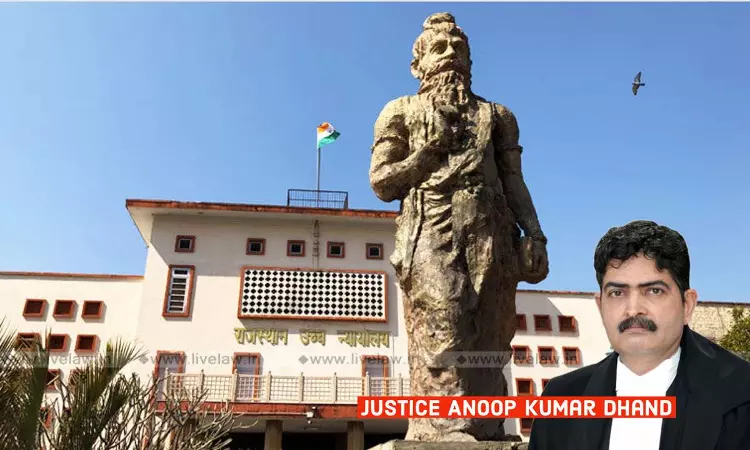The Rajasthan High Court quashed an order dated October 17, 1996 issued by Rajasthan State Electricity Board which provided for the appointment of only female candidates as Lower Division Clerk (LDC) under a compassionate scheme.The single judge bench of Justice Anoop Kumar Dhand observed that exclusion of Male candidates for getting compassionate appointment on the post of LDC is based...

